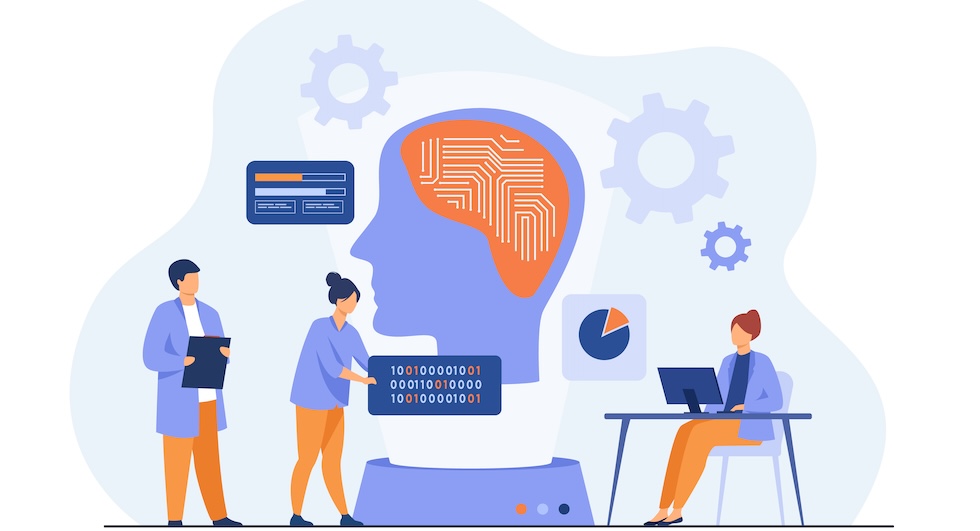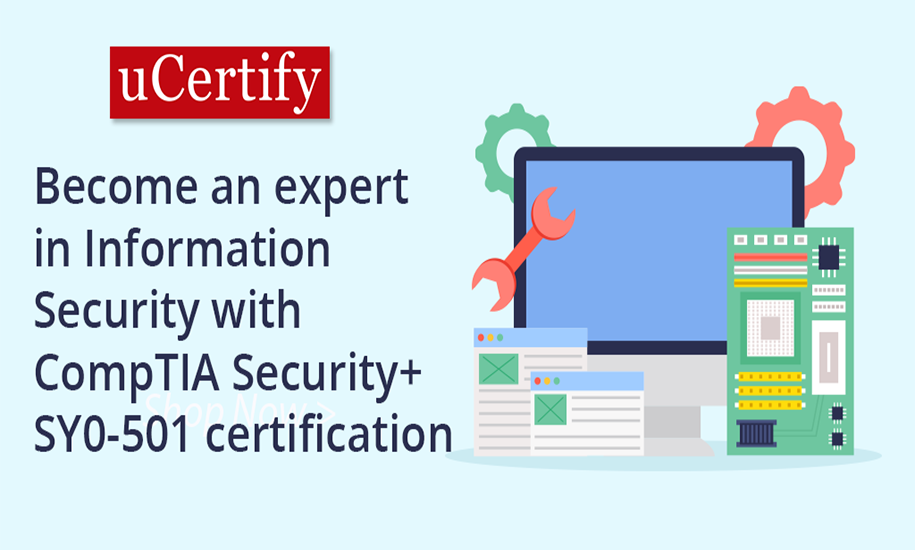No matter how large or small a company is, you need to have a plan to ensure the security of its information assets. Such positioning is understood as a security program by information security experts.
A security program provides the substructure for keeping organizations at the specified security level by assessing the risks you face, deciding how you'll diminish them, and planning for a way you're getting to keep the safety program and practices updated.
There is a strong case for organizations to protect their and their customers' data better from leaving the organization.
No organizations can truly say that they have no sensitive data (and the ones who say they probably do not understand their business well enough!).
It is not an overstatement to say that, without DLP solutions, today's organizations will take a high chance of having their sensitive information leaked outside the organization shortly and will not even know it until it is too late to do something about it.
Furthermore, with the increasing pressure or regulatory requirements coming from local governments (e.g., GDPR for the EU member states) or industry regulation, most, if not all, organizations will be liable for the consequence of a data breach, which often will translate into sizeable losses and damage for the next victim.
The technology to deal with the problem does exist; in most cases, it does not even cost the moon. It is more a matter of understanding that neither the most next-gen "antivirus" nor a best-of-breed firewall is the right tool to solve the problem.
The company's value is its data:
The key asset that a security program helps guard is data — therefore, a business's value is in its data. Following is the information or data that a company would want to secure at all costs:
- Product information, including designs, plans, patent applications, source code, and drawings
- Financial information, including market assessments and the company's financial records
- Customer information, including confidential information that the company holds on behalf of customers or clients.
Failing to protect the data might result in the theft of customers' information, legal consequences, and a loss of goodwill.
A data integrity failure might result in a computer virus being planted within the software, allowing an intruder to pass your corporate secrets on to your competitors.
Having a security program implies that you've found a way to moderate the risk of losing information in various ways and have characterized a real-life cycle for dealing with the security of information and innovation inside your company.
A healthy security program:
A decent security program gives a master plan on how you will keep your company's information secure. It adopts a holistic strategy that depicts how all aspects of your organization are associated with the program.
A security program characterizes what information is secured and what isn't. It examines your organization's threats and how you intend to alleviate them.
It shows how frequently the program will be reevaluated & updated and when you will assess compliance with the program.
To protect your company's data and create a healthy security program, you need the right skills and knowledge about information security.
There is no shortage of certifications for people who want to pursue a career in information security. One of the most widely accepted and highly regarded credentials is the CompTIA Security+ SY0-501 credential.
CompTIA Security+ SY0-501 is an exam that IT professionals take worldwide to become certified security professionals. It evaluates the candidate's ability to perform focal security roles.
The CompTIA Security+ SY0-501 exam tests the knowledge and skills of the candidates required to secure applications, devices, and networks; install and configure systems; perform threat analysis and respond to them using the proper alleviation procedures; and work within the limits of the set laws and strategies.

















Add Comment